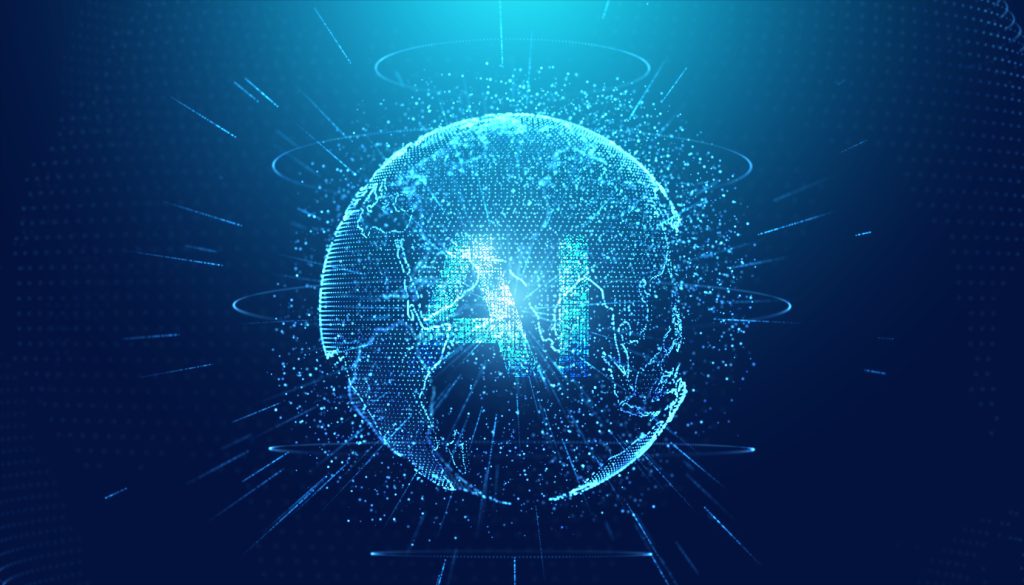
































In a recent breakthrough, researchers have developed a specialised machine-learning tool designed to spot AI-generated content in scientific papers. This advancement holds the potential to assist academic publishers in maintaining the integrity of research articles and ensuring that they are indeed written by human authors.
The tool, known as the 'ChatGPT detector', is not just your run-of-the-mill AI detector. Instead, it has been finely tuned to focus on a specific type of writing, in this case, scientific papers in the field of chemistry. The emphasis here is on accuracy, aiming to be highly effective in identifying AI-generated content.
What sets the ChatGPT detector apart is its reliance on stylometrics, a technique that analyses the writing style rather than predictive text patterns commonly used by other AI detectors. This approach examines various features of writing style, including variations in sentence lengths, word usage, and punctuation patterns. By doing so, it can distinguish between content produced by academic scientists and that generated by AI.
In a recent study, the ChatGPT detector was put to the test by being trained on introductions from ten chemistry journals published by the American Chemical Society. The choice of introductions was strategic because this section of a paper is relatively easy for AI, like ChatGPT, to generate, provided it has access to background literature.
The results of the study were impressive. When tested on introductions written by humans and those generated by ChatGPT, the detector was able to identify AI-generated sections with astonishing accuracy. When using titles for identification, it achieved 100% accuracy, and when using abstracts, it maintained a high accuracy rate of 98%. Even the latest version of ChatGPT, ChatGPT-4, couldn't evade the detector's watchful eye.
However, the tool is not without its limitations. It proved highly specialised for detecting AI-generated content in scientific papers but faltered when faced with content from university newspapers, failing to recognise them as human-generated.
However, some experts cautioned that tool does not address broader issues in academic publishing. Many researchers face the pressure to produce papers quickly, and the tool should not be considered a 'magic software solution' to this social problem.
AI detectors, like the ChatGPT detector, could be important in identifying AI-generated text. They are significant for preventing academic fraud, ensuring the credibility of research, and enhancing detection capabilities. Additionally, they promote transparency in digital and academic domains, fostering ethical communication and trust by distinguishing between human and AI-generated content.
 Etiquetas calientes:
Inteligencia Artificial
Etiquetas calientes:
Inteligencia Artificial